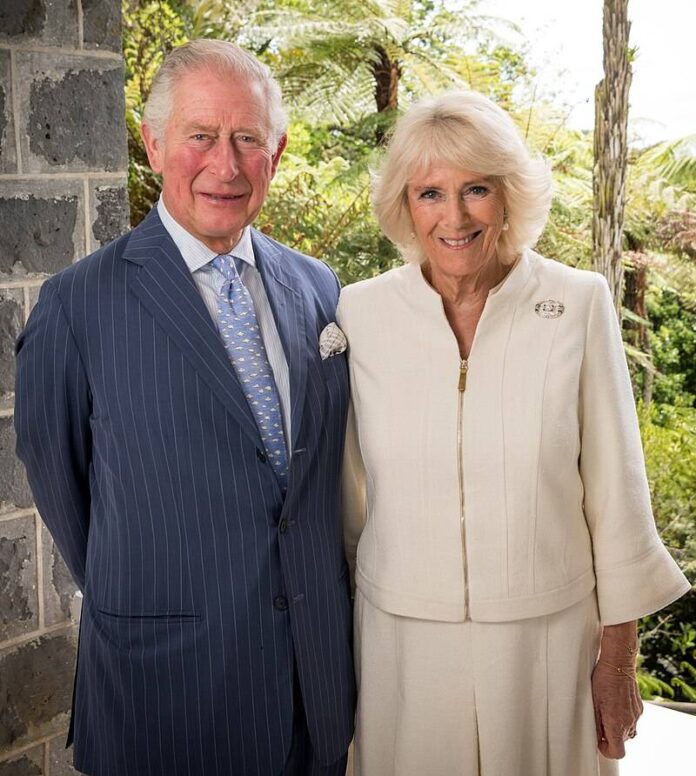Do We Need A Royal Family
The British Royal Family has been a cornerstone of UK society and history for centuries. Its members are some of the most recognized public figures worldwide. However, in recent years, there’s been increasing debate over whether the monarchy should continue to exist in its current form. This brings us to a pivotal question: should the UK public have a vote on getting rid of the royal family?
The Historical Significance of the Monarchy
To understand this debate, we first need to acknowledge the historical significance of the British monarchy. The institution has roots that stretch back over a millennium, shaping the UK’s political, cultural, and societal landscapes. The monarchy has been an emblem of tradition and continuity, serving as a symbol of national identity and unity.
Supporters argue that the royal family provides a sense of stability and pride, especially during national celebrations like the Queen’s Jubilee or royal weddings. Furthermore, the monarchy is seen by some as an important diplomatic tool, with members of the royal family enhancing international relations and promoting British interests abroad.
The Cost of Keeping a Monarchy
Despite these positive aspects, maintaining the royal family comes with considerable financial costs. The Sovereign Grant, which funds the monarchy’s official duties, costs UK taxpayers millions each year. While the royal family brings in millions through tourism and public interest, some argue that the financial burden of maintaining the monarchy is too high, especially when public services are stretched thin.
There are those who believe that the funds allocated to the royals could be better spent elsewhere, such as on education, healthcare, or infrastructure. With this perspective, the call for a public vote gains traction, as many UK citizens would like the chance to decide if this historical institution aligns with modern-day values and priorities.
The Question of Democratic Principles
Another key argument for a public vote is the issue of democracy and representation. The monarchy, by its very nature, is not a democratic institution. Members of the royal family inherit their roles, rather than being elected. In an era that increasingly values democratic principles of equality and representation, some question the fairness of maintaining a system of hereditary privilege.
Advocates for a public vote believe it would honor the democratic values that the UK espouses. Giving people the power to decide whether they want to retain or abolish the monarchy could be seen as a step towards greater inclusivity and modernization.
Cultural and Emotional Bonds
For many, the royal family is more than just a political institution; it is a deeply ingrained part of British culture and identity. Royals have been central figures in public life, offering a sense of continuity from generation to generation. Many people feel a personal connection to the family, having witnessed them partake in cherished national traditions, such as the Trooping the Color or the State Opening of Parliament.
The emotional attachment that the public holds for the royals cannot be underestimated. Any move to abolish the monarchy would likely face significant opposition from those who feel that the end of the monarchy would result in the loss of an integral part of British heritage and history.
Alternatives to Abolishment
Some propose alternatives that don’t necessarily involve abolishing the monarchy altogether. Suggestions include modernizing the institution or redefining the roles and responsibilities of its members. Another possibility is to increase transparency regarding royal finances to address public concerns.
The focus could also shift towards curtailing certain privileges or making reforms that align the monarchy with contemporary societal values. By pursuing gradual changes, the institution might evolve in a way that reconciles tradition with modernity without necessitating a complete abolition.
A Nation Divided
Ultimately, the topic of whether the UK public should vote on the monarchy’s future is complex and multifaceted. It encompasses issues of historical significance, financial cost, democratic principles, and cultural identity. This conversation often sparks strong opinions on both sides, underscoring the divide between tradition and change.
While some see a public vote as an opportunity to voice their opinions on a pivotal aspect of British life, others view it as a threat to a revered institution. The question remains open-ended, as the monarchy continues to navigate its role in the 21st century.
Whether reimagining the monarchy or upholding the status quo, the decision should reflect the will of the people while keeping in mind the values and heritage that have long defined the United Kingdom. Whatever the future holds, the ongoing dialogue about the monarchy is a testament to the dynamic nature of British society and its continual evolution.


